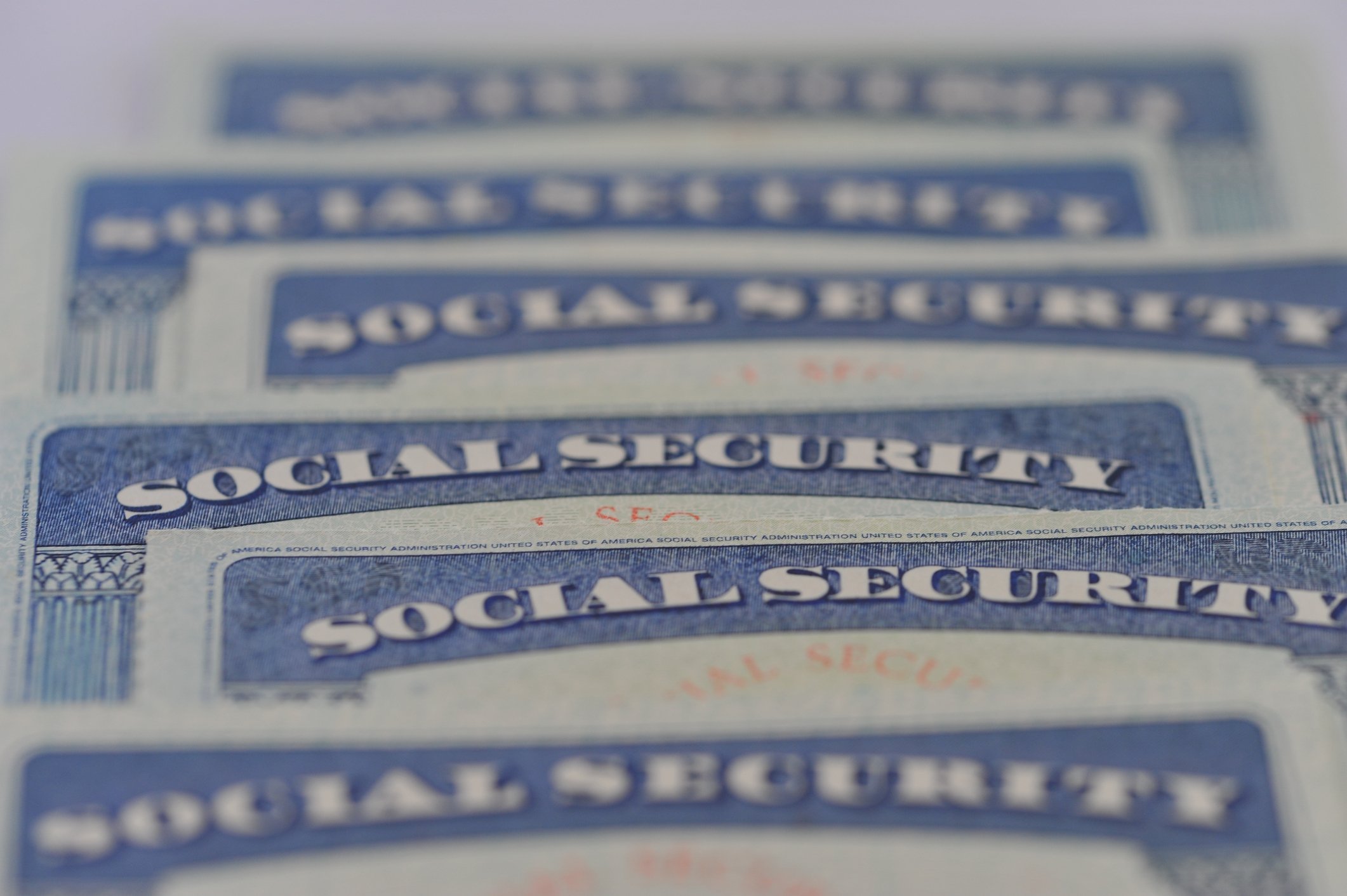There's a world of mystery surrounding retirement for those who aren't quite there yet. Still, one thing's for sure: Your golden years are apt to cost money, and if you want to live comfortably, you'll need the income to support your desired lifestyle.
But a frightening number of U.S. adults are making a major mistake that could destroy their chances of ever getting to retire in the first place: not saving for their golden years. A whopping 42% of Americans don't contribute to a retirement plan, according to the Center for Financial Services Innovation, and if you're one of them, you might be in for a rude awakening.
Retirement: It's more expensive than you think
Many people don't save for retirement because they assume they don't need that much money during their golden years, especially if their mortgages are paid off by then and they don't have commuting costs to contend with. But when you think about the things you spend money on today, you might realize that most of them will still apply when you're older. Take home repairs, maintenance, property taxes, and insurance -- even if you're mortgage-free in retirement, there are other costs associated with owning a home. And if you choose not to own one, you'll need to pay somebody rent.

IMAGE SOURCE: GETTY IMAGES.
Then there's transportation -- you need a means of getting around town, whether it's owning a vehicle or paying for taxis, rideshares, or the bus. You also need heat, electricity, water, phone service, food, and clothing, just to list some more essentials. And don't forget healthcare -- the one expense that's likely to go up as you age.
That's why you need savings earmarked for retirement, and if you don't accumulate some, you're apt to struggle down the line. And if you think Social Security will suffice in paying your bills, think again. Those benefits are only designed to replace about 40% of your pre-retirement income (assuming you were an average earner), but most seniors need close to double that amount to live decently.
Remember, too, that in addition to the aforementioned necessities, you'll also need money in retirement to occupy your newfound free time. Not having enough of it to pay for things like cable, leisure, or the occasional vacation could turn your golden years into one extended period of disappointment.
The solution? Start carving out money each month to contribute to a retirement plan, whether it's an IRA or 401(k). You don't necessarily need to part with thousands of dollars each month (though the more you can save, the better) -- you just need to save enough to buy yourself some financial security and flexibility later in life. Check out the following table, which shows how much savings you might accumulate if you were to set aside a series of modest amounts over time:
|
Monthly Savings Contribution |
Total Accumulated Over 30 Years (Assumes a 7% Average Annual Return) |
|---|---|
|
$200 |
$227,000 |
|
$300 |
$340,000 |
|
$400 |
$453,000 |
|
$500 |
$567,000 |
TABLE AND CALCULATIONS BY AUTHOR.
Note that the above calculations assume a 30-year savings window, which means that even if you're nearing age 40 with no retirement savings to show for, you have a reasonable opportunity to catch up. And if you're wondering about that 7% return, it's actually a couple of percentage points below the stock market's average. If you have 30 years to invest your money, you should feel reasonably comfortable going heavy on stocks, since you'll have plenty of time to ride out the market's ups and downs.
Of course, there are other savings options you might have to play around with, too. If you're already in your 50s, for example, and don't have a dime in your IRA or 401(k), you'll need to set aside more money each month to accrue a decent sum for your golden years. You might also need to postpone retirement a few years to build additional cash reserves.
No matter what strategy you adopt for building savings, don't assume that retirement will cost you very little money, and definitely don't assume that Social Security will manage to pay for it. If you allow yourself to fall victim to either myth, there's a good chance you'll end up cash-strapped, stressed, and bored during a period of life you should really be enjoying.





